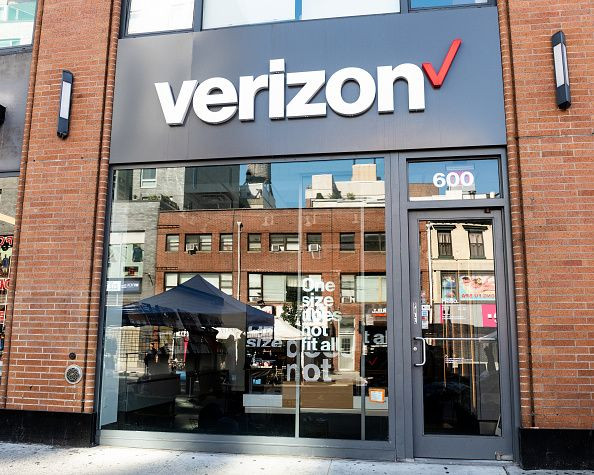Verizon's Next-Gen Services Are Poised For Growth

Shares of Verizon (NYSE:VZ) were up after the company reported solid results for the second quarter of 2018. Revenue increased 5.4 percent to $32.2 billion from new subscriber additions — offsetting sluggish performance from the FiOS video and Oath digital content segments — and adjusted earnings were up 25 percent. Debt also got reduced by $4.4 billion from the last quarter, making the thesis to own Verizon for its dividend even stronger.
This article originally appeared in the Motley Fool.
For investors looking for a little more than just income, Verizon may soon be able to offer that, too. Several new initiatives are coming together that could transform the function of wireless telecommunications networks.
Nurturing new growth
For FiOS Internet, a net 43,000 customer additions were reported as consumers increasingly rely on high-speed and high-quality internet at home. That helped offset weakness in FiOS Video, where 37,000 customer connections were lost in the quarter. The migration away from cable TV to streaming services continues to weigh on that segment. Simply put, the internet is eating cable TV's lunch, so Verizon's FiOS division is treading water as consumers trade out their cable connection for a better internet experience.
The company's Internet of Things (IoT) business — which includes services for smart cities, connected fleets and autos, and mobile commerce — was up 13 percent from the same period a year ago. Within IoT is Verizon Connect' enterprise software for fleet tracking, management, and compliance. Revenue within this subcategory was $241 million compared with $220 million a year ago.
The IoT and Verizon Connect businesses are small and relatively insignificant compared with the $32.2 billion total the whole company brought in last quarter. That could be about to change, though.
5G and what it means
Verizon is leading the way in its deployment of the next-generation 5G wireless network. 5G is much faster and has lower latency (the amount of time for data to travel across a network) than any other wireless network before it. Because of 5G's potential, it could help unify Verizon's small, albeit fast-growing, segments with its bread-and-butter wireless business. 5G puts the telecom giant in position to directly compete with traditional internet service providers and could help accelerate business adoption of the IoT.
Retiring CEO Lowell McAdam recently had this to say about the company's network plans: "This leadership position is attracting opportunities in areas such as over-the-top TV, smart cities, transportation, education, and healthcare, just to name a few. I believe the impact of 5G on consumers will be much bigger than any previous generation, but the biggest impact will be on businesses as we provide the platform for the fourth industrial revolution."
5G will be deployed initially in four major cities by year-end, with Houston being the latest announced market after Sacramento and Los Angeles. The fourth market has not yet been announced, but other cities are trying to get on board with the movement, too. For example, Verizon recently announced it will work with the San Jose, CA to improve connected infrastructure for traffic management and other connected services and the future deployment of 5G.
All of this means that Verizon's stable-but-stagnant wireless business is undergoing an overhaul, one that puts America's largest network at the forefront of better internet and a movement to connect more devices. This sleepy stock has the potential to get a lot more exciting as a result.
Nicholas Rossolillo and his clients own shares of Verizon Communications. The Motley Fool has no position in any of the stocks mentioned. The Motley Fool has a disclosure policy.





















